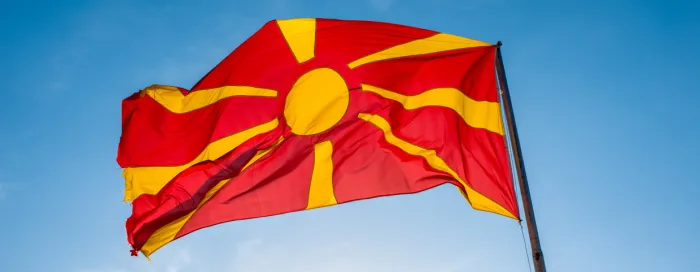The turnout for the consultative name-change referendum in the Former Yugoslav Republic of Macedonia last Sunday, 30 September, failed to reach the required threshold of 50%. Those who did vote however – over a third of registered voters – expressed overwhelming support (more than 90%) for the country's joining NATO and the EU, by changing its name to North Macedonia.
Macedonia's Prime Minister Zoran Zaev, leader of the Social Democratic Union of Macedonia (SDSM), regrets that the threshold was not reached. He remains undeterred however, announcing he intends to try to effect the required constitutional changes in Parliament, with the support of opposition members if need be.
His determination to bring about EU membership, by capitalising on the agreement with Athens, has been lauded by PES Group member Franco Iacop, regional councillor of Friuli Venezia Giulia, Italy, who drafted the CoR opinion on the 2018 Enlargement Package, due to be adopted at the CoR's December plenary session.
Analysts and experts are looking into the reasons for the low turnout. One reason is that many prominent politicians from the main opposition party VMRO-DPMNE (part of the EPP family), which had been in power for more than a decade until May 2017, encouraged people to boycott the referendum.
In particular, in peripheral and rural areas, the campaign failed to get the public on board. As Iacop said: "Focusing exclusively on the central level has proved to be short-sighted. Only the full involvement of local authorities, which represent the fundamental link with people, would have made a significant mobilisation of citizens possible." In his draft opinion, he urges local and regional authorities to do their utmost to get the whole of society involved in reform and the country's efforts to join the EU.
